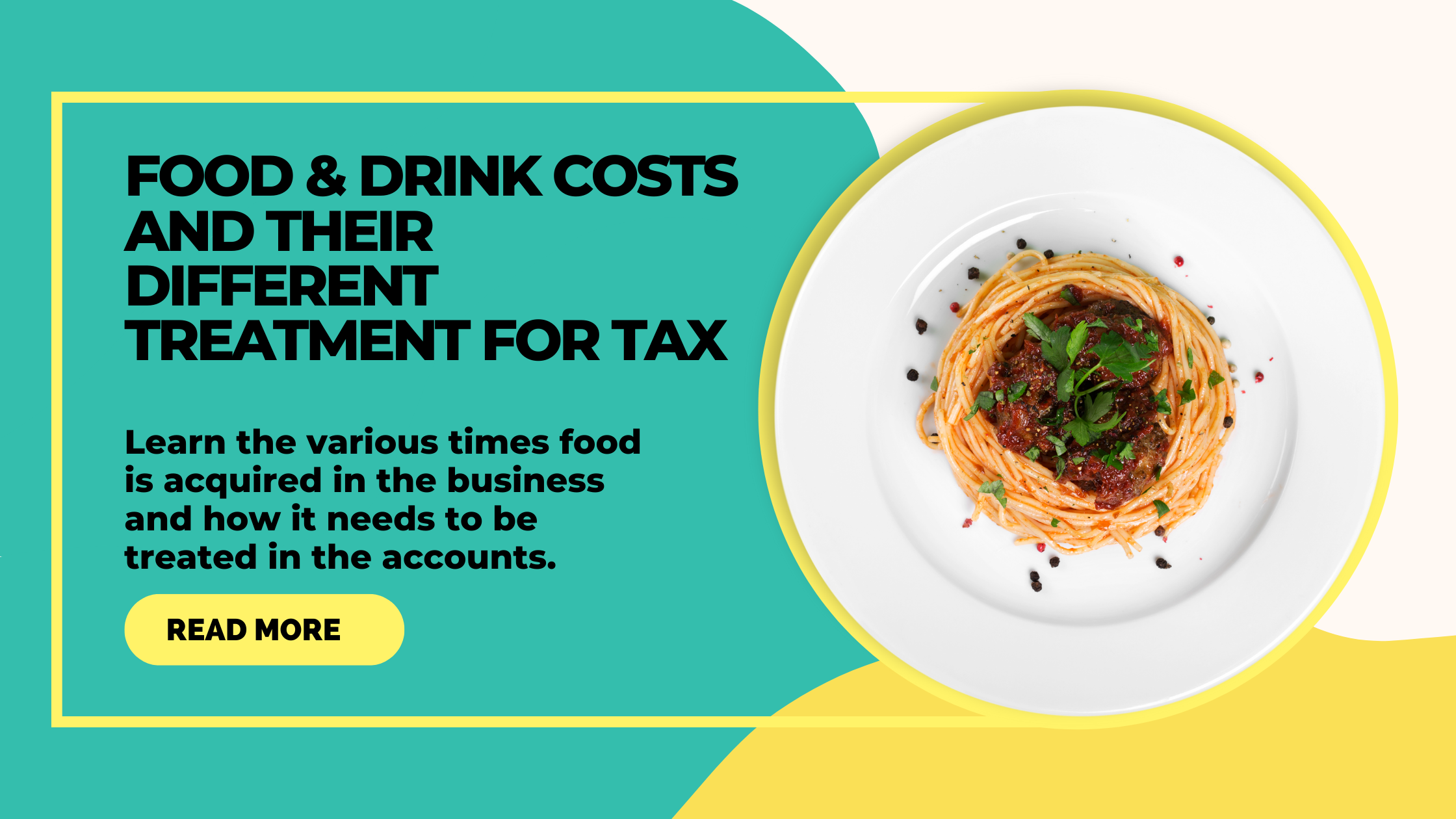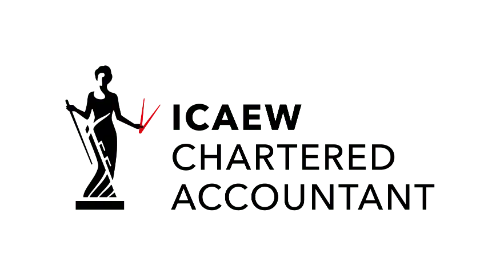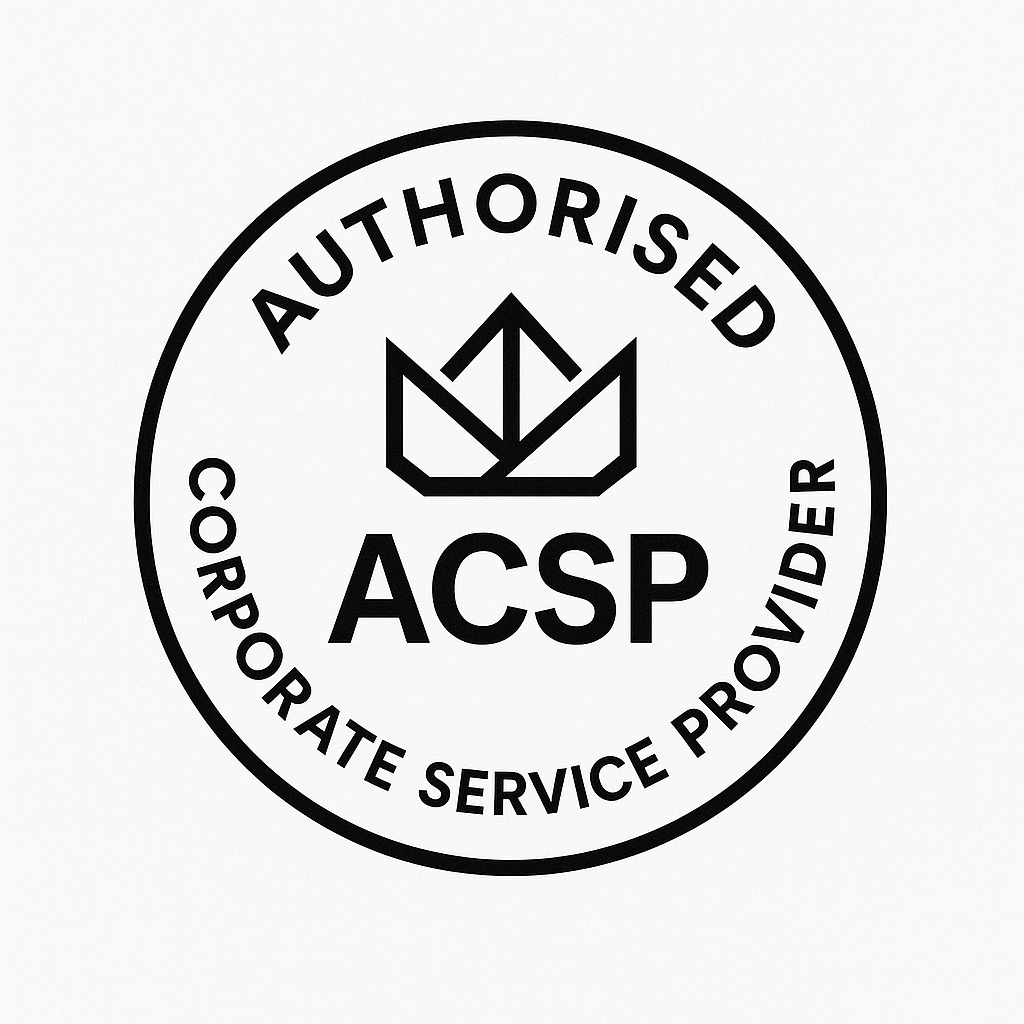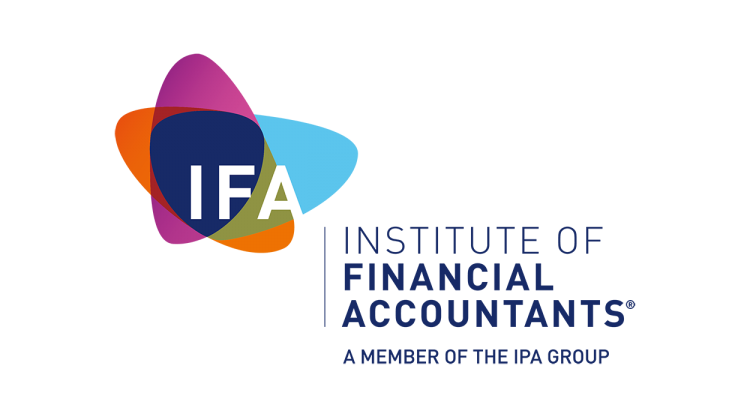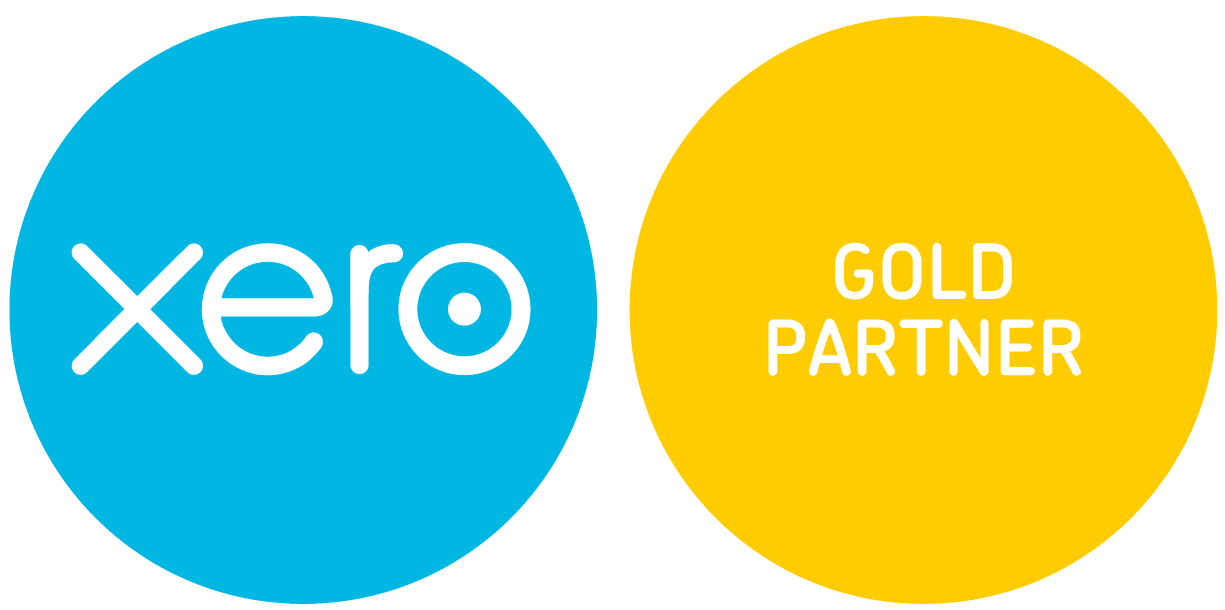Food & Drink Costs and their different treatment for Tax - Getting Food and Drink the policy right
In this article we have attempt to provide the main scenarios where food is acquired in a typical business and how it needs to be treated in for tax purposes. Ideally, all limited companies, contractors or self employed businesses need a proper process for tracking these categories individually, but many fall short of this.
Client Entertainment
This is where you buy food & drink for a client that is present with the owners or employees of the business for entertainment purposes. This cost can be claimed in the company accounts but does not attract corporation tax relief and you cannot reclaim any VAT on the costs.
Although you do not get corporation tax relief or VAT reclaims, there is still a benefit of putting this through the business as it does not attract any income tax or national insurance liabilities.
Note - there is an exception to the VAT rule, as you can in fact claim UK VAT on client entertainment where you are
entertaining an overseas customer, whilst they are visiting the UK.
Staff Entertainment
Staff entertaining is where you primarily provide food & drinks to employees for enjoyment & business morale and pay for it through your business. This typically attracts tax corporation relief, and you can reclaim the VAT element.
However, it is important to note that unless this staff event is specifically allocated as the annual staff party (with a £150 per head spend limit), these costs will attract income and national insurance liabilities, as the business is deemed to be providing a benefit to the employees.
This income tax and class 1b national insurance are typically paid each year via a PAYE Settlement Agreement (PSA).
Subsistence
Food & drink paid by the company or reimbursed to employees for subsistence is fully deductible from corporation tax and the business can reclaim all the UK VAT.
Subsistence can be tricky to track and understand as there are conflicting rules on this, so I list some scenarios where you can, and cannot claim good/drink to be subsistence:
Where food is NOT subsistence:
- Buying lunch while you are at the office (either at your employer's premise or working from home), where this is your normal place of business
- Buying lunch at a client's premises where you have worked from this location for more than 3 months
- Buying food & drink (this includes your coffee at the train station) on your normal commute to work
Where food is subsistence (usually):
- Buying breakfast, lunch and dinner when visiting a client, is outside your normal routine
- Buying breakfast, lunch and dinner on a genuine business trip within the UK, or overseas
- If you are required to travel to different locations each day as part of your job - being an itinerant trader.
- Where you are on a domestic or international secondment - be careful about this, and ensure to speak to us for more detail
Our suggestion is to do the following:
- Bookkeeping - ideally, we need to record these items under separate account codes in the bookkeeping system
- Get a policy for employee expenses - ensure your internal policies and processes allow you to correctly categorise food and drink costs into the categories above. Our team can support you with this process using tools like AutoEntry, Dext, Pleo, PayHawk, & Zoho Expense
- VAT - think about VAT reclaims in line with the 3 categories above when filing your VAT returns
- Keep scrutinising this topic - obviously, the above scenarios have a lot of nuances, so it is important to keep looking into this topic.
- Have an accountant - these topics can get quite involved so it is important to have a qualified accountant to support you.
